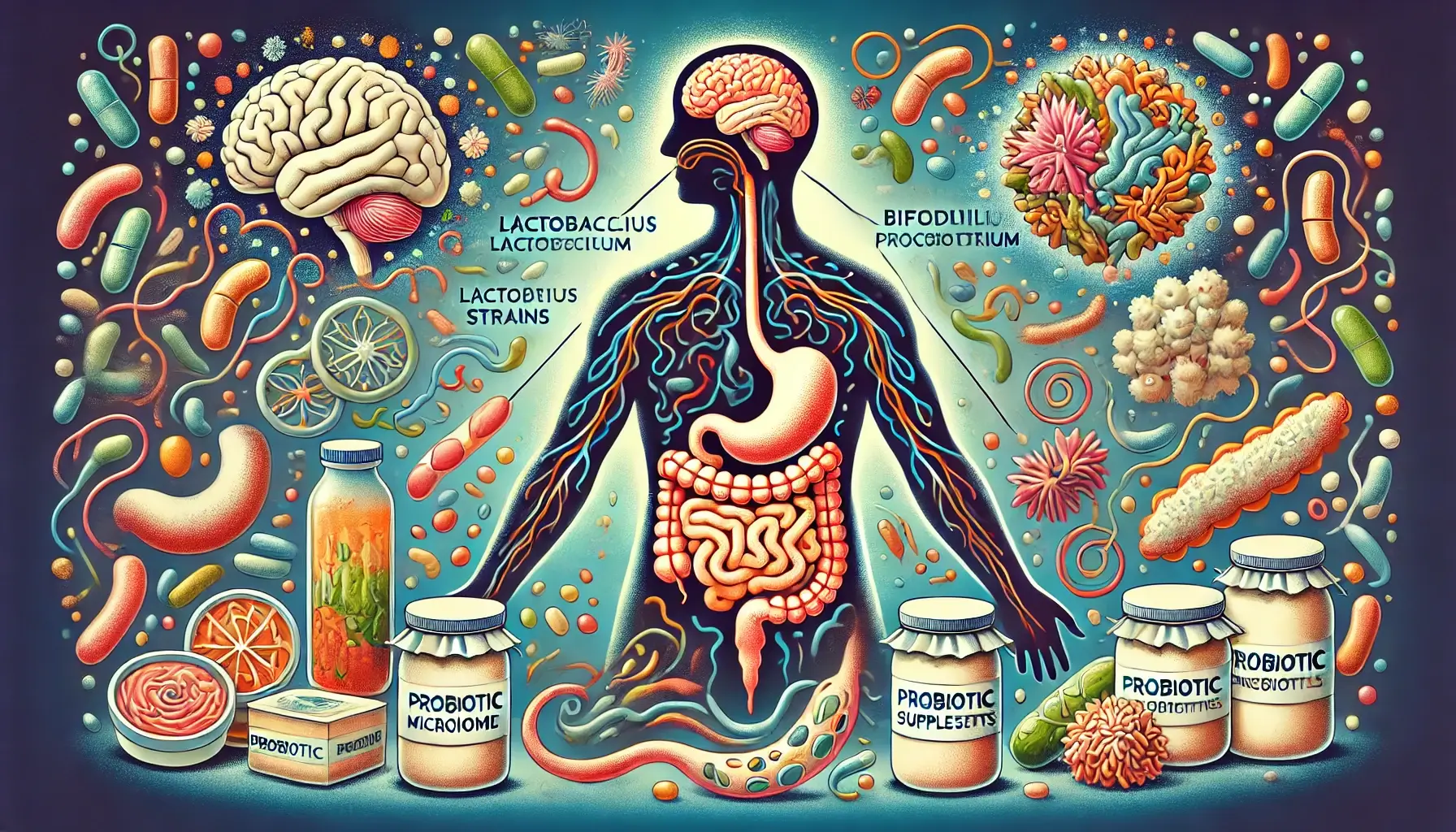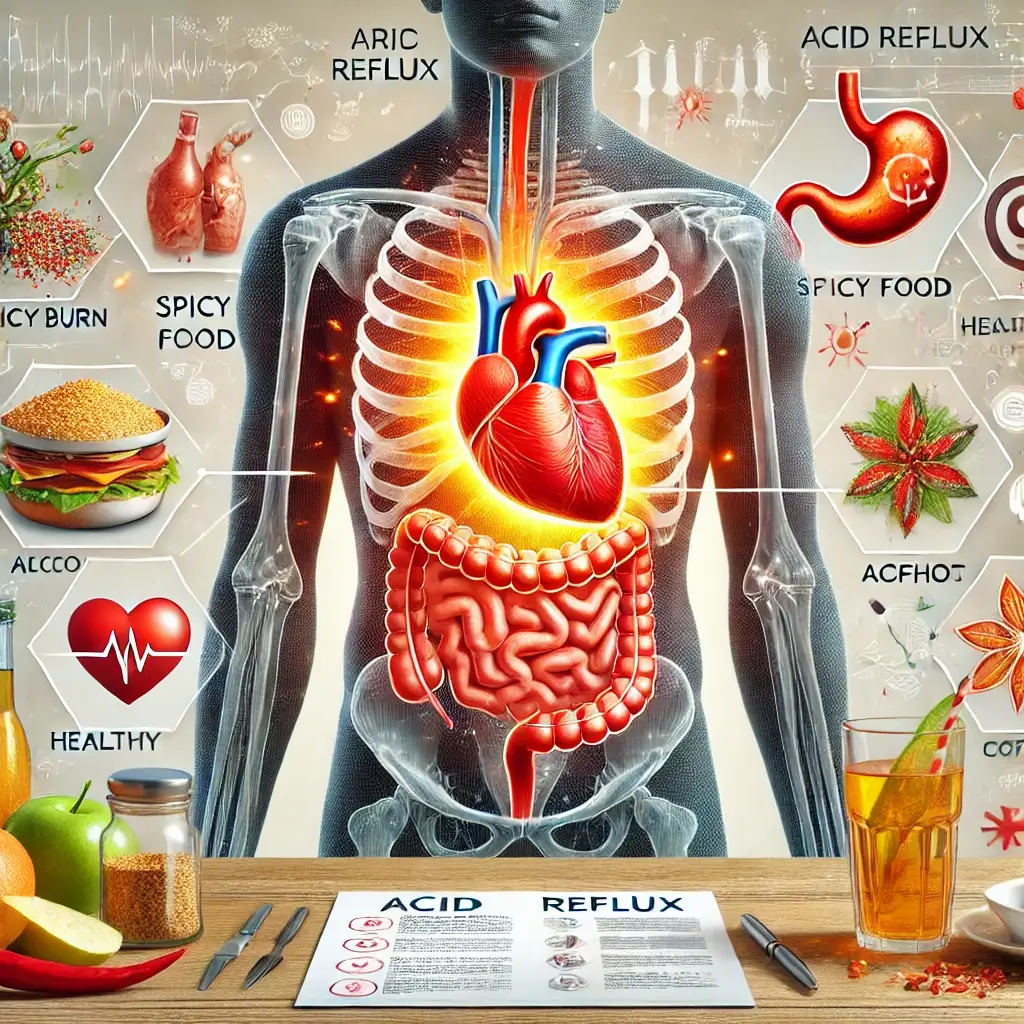Understanding the Complex Role of the Gut Microbiome
The gut microbiome, often referred to as the body’s “second brain,” is a dynamic ecosystem comprising trillions of microorganisms. This diverse microbial population not only aids in digestion but also plays a crucial role in immune function and mental health. A balanced gut microbiome is essential for overall well-being, and any disruption can lead to conditions such as irritable bowel syndrome (IBS), autoimmune disorders, and even depression.
The Role of Probiotics in Supporting Gut Health
Probiotics, live microorganisms that confer health benefits when consumed in adequate amounts, have garnered widespread attention as a means to support gut health. Found in fermented foods and dietary supplements, probiotics work by replenishing beneficial bacteria in the gut, promoting balance, and enhancing the gut barrier’s integrity. However, with countless probiotic strains available, identifying the most effective options for specific health concerns can be challenging.
Introduction to Probiotic Benefits and Research
This article examines the benefits of probiotics, highlights evidence-based research on key strains, and offers insights into optimizing their use for improved gut health. By understanding the science behind probiotics, readers can make informed decisions to foster a thriving gut microbiome and overall health.
Understanding Different Probiotic Strains and Their Benefits
The health effects of probiotics are strain-specific, with research uncovering distinct benefits associated with certain strains:
Benefits of Lactobacillus Strains
Lactobacillus rhamnosus (LGG): Widely studied for its effectiveness in preventing and treating acute infectious diarrhea, LGG also shows promise in reducing symptoms of anxiety through its impact on the gut-brain axis. Lactobacillus casei: Known for its ability to support digestive health, L. casei has been shown to alleviate bloating and regulate bowel movements in individuals with IBS.
Benefits of Bifidobacterium Strains
Bifidobacterium longum: With anti-inflammatory properties, B. longum is effective in managing symptoms of IBS and reducing abdominal discomfort. Clinical trials have also demonstrated its role in improving gut barrier function. Bifidobacterium breve: Found in breast milk, this strain is known for its role in supporting infant gut health and reducing colic. In adults, it aids in maintaining gut integrity and reducing inflammation.
The Unique Properties of Saccharomyces boulardii
This unique probiotic yeast strain is resistant to harsh gastrointestinal conditions, making it an effective option during antibiotic treatments. Studies highlight its role in preventing antibiotic-associated diarrhea and restoring gut flora after disruptions.
Latest Developments in Probiotic Research
Probiotic research is an evolving field, with significant advancements highlighting the diverse applications of these beneficial microbes:
Understanding the Gut-Brain Connection
Emerging studies on the gut-brain axis reveal how probiotics may influence mental health. For instance, Lactobacillus helveticus and Bifidobacterium longum have been linked to reductions in stress and anxiety levels, potentially by modulating gut microbiota composition.
Impact on Metabolic Health
Probiotics are being investigated for their role in managing obesity and metabolic disorders. A 2023 study in Frontiers in Nutrition found that Lactobacillus gasseri can help reduce visceral fat and improve insulin sensitivity.
Effects on Immune System Function
Probiotic strains like Bifidobacterium infantis are gaining recognition for their ability to modulate immune responses, offering potential therapeutic applications in conditions such as inflammatory bowel disease (IBD).
Guidelines for Effective Probiotic Use
To maximize the benefits of probiotics, consider the following strategies:
Personalized Probiotic Selection
Choose probiotics with strains proven to address your specific health concerns. For instance, individuals with IBS might benefit from Bifidobacterium longum, while those taking antibiotics might find Saccharomyces boulardii helpful for preventing antibiotic-associated complications.
Professional Guidance and Natural Sources
Discuss your goals and medical history with a healthcare provider to select the right strains and dosages. Incorporate fermented foods like kefir, kimchi, and miso as natural sources of probiotics to complement supplements.
The Role of Prebiotics
Prebiotics, found in fiber-rich foods like bananas, garlic, and onions, serve as fuel for probiotics, enhancing their efficacy.
Final Thoughts on Probiotic Benefits
The connection between gut health and overall well-being underscores the importance of probiotics in daily life. By choosing strains tailored to individual health needs, incorporating natural sources of probiotics, and maintaining a balanced diet, individuals can cultivate a robust gut microbiome for optimal physical and mental health. As research continues to unveil the multifaceted benefits of probiotics, their role in promoting physical and mental health is becoming increasingly clear. Probiotics are not just a health trend—they are a transformative tool for achieving optimal wellness.
Scientific References
Guarner, F., et al. (2017). Probiotics for the treatment of acute infectious diarrhea. The American Journal of Gastroenterology, 112(2), 201–225.
Khapalia, S., et al. (2017). Lactobacillus casei Shirota (LcS) for maintaining health. Cochrane Database of Systematic Reviews, (12).
Eslamilou, S. H., et al. (2018). The effect of Bifidobacterium longum supplementation on relieving irritable bowel syndrome with constipation: A randomized, double-blind, placebo-controlled clinical trial. Journal of Clinical Gastroenterology, 52(1).
Cryan, J. F., et al. (2020). Probiotics and the microbiota-gut-brain axis: Impacts on psychology and behavior. Nature Microbiology.
Kondo, T., et al. (2023). Effects of Lactobacillus gasseri on visceral fat reduction: A meta-analysis. Frontiers in Nutrition.

Dominic E. is a passionate filmmaker navigating the exciting intersection of art and science. By day, he delves into the complexities of the human body as a full-time medical writer, meticulously translating intricate medical concepts into accessible and engaging narratives. By night, he explores the boundless realm of cinematic storytelling, crafting narratives that evoke emotion and challenge perspectives.
Film Student and Full-time Medical Writer for ContentVendor.com




